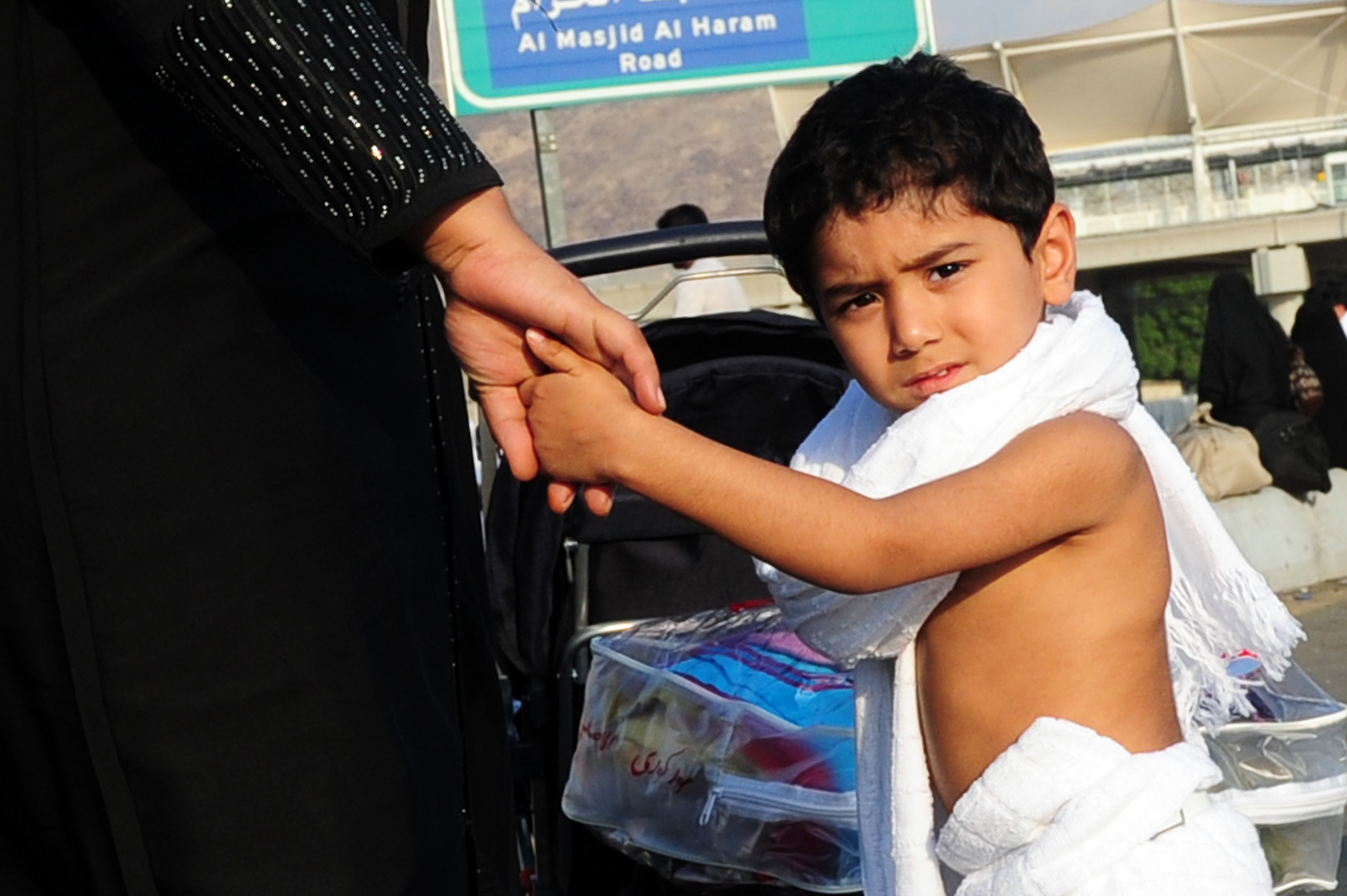Saudi Arabia bans 50 blasphemous, royal and foreign baby names
Kingdom makes naming of babies much easier after eliminating options such as Alice, Linda and Binyamin

A free daily email with the biggest news stories of the day – and the best features from TheWeek.com
You are now subscribed
Your newsletter sign-up was successful
ALICE and Amir are on a list of 50 names that Saudi Arabia has released in an effort to clean up what it sees as the blasphemous, foreign-influenced naming of children. Many of the names that will now be forbidden in the strict Muslim kingdom are popular across the Middle East.
The names on the list published by the interior ministry fall into three categories: foreign names, blasphemous names and names relating to royalty.
Popular Western options like Alice and Linda appear on the list, as well as Malika (which means ‘queen’) and Amir (prince).
The Week
Escape your echo chamber. Get the facts behind the news, plus analysis from multiple perspectives.

Sign up for The Week's Free Newsletters
From our morning news briefing to a weekly Good News Newsletter, get the best of The Week delivered directly to your inbox.
From our morning news briefing to a weekly Good News Newsletter, get the best of The Week delivered directly to your inbox.
Names that are not uncommon across the Arab world, such as Malak (angel) and Jibreel (Gabriel), are also banned for being blasphemous, the Sunday Telegraph reports.
Some names fall foul of the multiple interpretations attributed to them. Abdul, for example, means ‘worshipper of’ or ‘slave of’. Some strict Muslims argue that only Allah can be worshipped, so a name such as Abdul Nabi (worshipper of the Prophet) would be blasphemous.
But there seems to be a fourth category of names on the banned list: otherwise inoffensive names that happen to have been given to enemies of Saudi Arabia.
Gulf News points out that Binyamin, which has been banned, is a perfectly good Muslim name. Binyamin is believed in Islam to be the son of the Prophet Jacob. Unfortunately it is also the name of the Israeli prime minister, Binyamin Netanyahu. The same goes for Abdul Naser, more commonly spelt ‘Nasser’ in the West and the name of the Arab nationalist and Egyptian leader who was at odds with Saudi Arabia.
A free daily email with the biggest news stories of the day – and the best features from TheWeek.com
-
 Bondi, Democrats clash over Epstein in hearing
Bondi, Democrats clash over Epstein in hearingSpeed Read Attorney General Pam Bondi ignored survivors of convicted sex offender Jeffrey Epstein and demanded that Democrats apologize to Trump
-
 Are Big Tech firms the new tobacco companies?
Are Big Tech firms the new tobacco companies?Today’s Big Question Trial will determine if Meta, YouTube designed addictive products
-
 El Paso airspace closure tied to FAA-Pentagon standoff
El Paso airspace closure tied to FAA-Pentagon standoffSpeed Read The closure in the Texas border city stemmed from disagreements between the Federal Aviation Administration and Pentagon officials over drone-related tests
-
 Epstein files topple law CEO, roil UK government
Epstein files topple law CEO, roil UK governmentSpeed Read Peter Mandelson, Britain’s former ambassador to the US, is caught up in the scandal
-
 Iran and US prepare to meet after skirmishes
Iran and US prepare to meet after skirmishesSpeed Read The incident comes amid heightened tensions in the Middle East
-
 Israel retrieves final hostage’s body from Gaza
Israel retrieves final hostage’s body from GazaSpeed Read The 24-year-old police officer was killed during the initial Hamas attack
-
 China’s Xi targets top general in growing purge
China’s Xi targets top general in growing purgeSpeed Read Zhang Youxia is being investigated over ‘grave violations’ of the law
-
 Panama and Canada are negotiating over a crucial copper mine
Panama and Canada are negotiating over a crucial copper mineIn the Spotlight Panama is set to make a final decision on the mine this summer
-
 Why Greenland’s natural resources are nearly impossible to mine
Why Greenland’s natural resources are nearly impossible to mineThe Explainer The country’s natural landscape makes the task extremely difficult
-
 Iran cuts internet as protests escalate
Iran cuts internet as protests escalateSpeed Reada Government buildings across the country have been set on fire
-
 US nabs ‘shadow’ tanker claimed by Russia
US nabs ‘shadow’ tanker claimed by RussiaSpeed Read The ship was one of two vessels seized by the US military